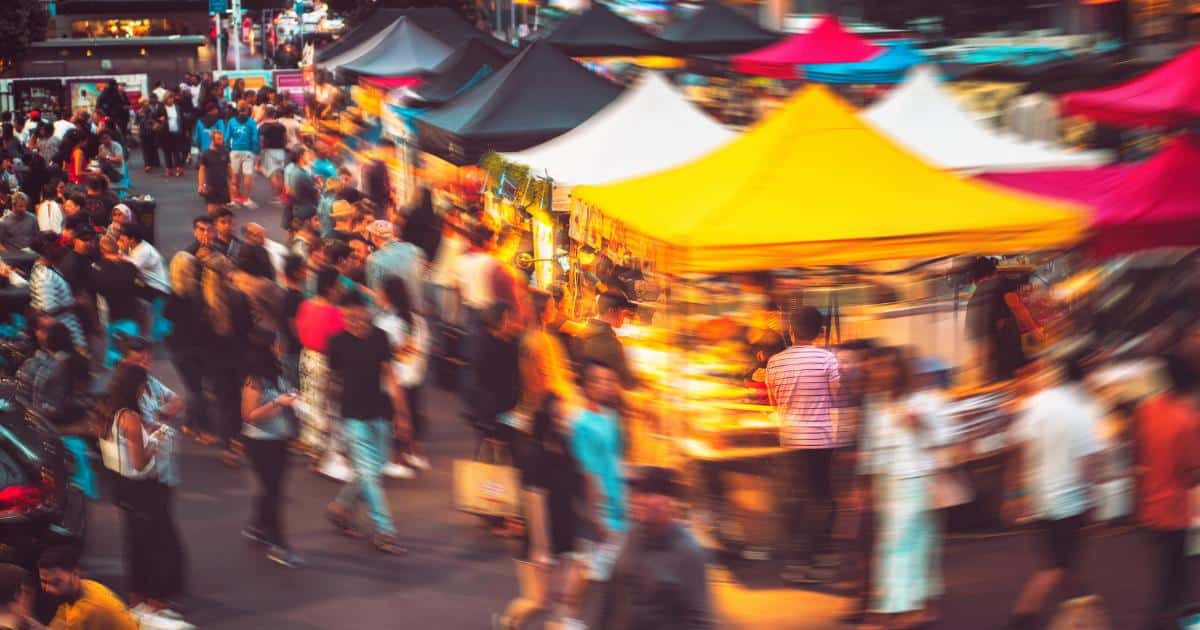This past summer, there were lots of conversations about overtourism. According to the Oxford Dictionary, overtourism is, “The situation where a place of interest is visited by too many tourists. In many places, overtourism is provoking a backlash from the locals.” Overtourism impacts the quality of life in the area for the locals, but also the quality of the experience for visitors.
In Barcelona, Spain, the locals were so upset about the overabundance of tourists that they protested by throwing items and spraying the visitors with squirt guns. They also shouted, “Go home!” The Barcelona citizens expressed their frustration and anger toward the government as well. The locals recognize the economic benefit of the tourists; however, they strongly believe that Barcelona has reached its tourism capacity and that city officials need to take action.
At one point, Venice’s overabundance of cruise ships was not only impacting the structure and environment integrity of the city, but also the large crowds walking through the narrow streets of Venice. City officials listened to their citizens and made the cruise ships dock further away from the Grand Canal and implemented a 5 Euro visitation fee for each visitor. The fee has brought in additional funding for Venice, but has not fully fixed the issue.
Due to a drought, water is a shortage for residents of Sicily. In the summer of 2024, tourists were discouraged from visiting Sicily, as the hotels did not have enough water to provide. The locals were forced to cut water consumption by as much as 45 percent and understandably did not want to give up their access to water to tourists.
Each year, 20 million tourists visit Amsterdam, Netherlands, and they have saturated the city. Amsterdam’s marketing strategy as a tourist destination has led to their own demise. Amsterdam residents believe that the excessive number of tourists is unsustainable and is stretching hospitality to its limits.
What are some of the negatives about overtourism? First and foremost, housing, Rental and home prices have risen. Finding affordable housing is challenging, Plus, what were once long-term rental places have become Airbnb or other short-term rental places. The influx of tourists in European cities has resulted in the building of new hotels. Serene neighborhoods have become crowded with hotels and restaurants, and the atmosphere has changed. Some residents feel like they live in a theme park and not the place they moved to because of its environment or historical background. One Amsterdam resident stated, “The streets feel less lived in because we only see tourists and not our neighbors.” Finally, the influx of tourists has resulted in poor behavior. This includes urinating in the streets, defacing historic relics, taking risks to getting the perfect selfie, and causing more crime.
UNESCO Peter Debrine stated. “Protests and citizen’s dislike for overtourism will spread if Europe officials fail to address the mass tourism’s negative effect on the lives of residents. It is turning into a very volatile situation.”
As an educator who leads student trips, what can you do to make sure your group are good stewards while traveling and do not have a negative overtourism impact?
First and foremost, think about your destination. Does it already face overtourism? If yes, should you select another place to visit? If you still choose to visit a popular destination, follow the advice of some European countries’ response to overtourism: The Italy manifesto emphasizes responsible tourism, economic, social and environmental contributions to local life and the promotion of sustainable practices.
According to the Living in Italy magazine, the key points of the tourism manifesto are: (1) transform tourism for good, (2) use responsible tourism, (3) support local businesses, (4) encourage slow immersive tourism, (5) support local causes, (6) collaborate and network, and (7) focus on sustainable travel.
Amsterdam’s marketing strategy has changed from destination marketing to destination management. Their advice includes: (1) avoid traveling during the peak tourist months of July and August, (2) be more engaged with the city’s residents, (3) travel in a thoughtful, responsible way, (4) don’t focus only on the checklist of must see attractions, (5) avoid shops and services dedicated solely to tourists, but shop locally instead, (6) travel in a small group led by a local guide.
Traveling can be a wonderful way to learn and experience a destination, but travel responsibly. By doing so, your group and the residents of the cities alike will be richly rewarded.
Written by Julie Beck for the September 2024 edition of Teach & Travel.




